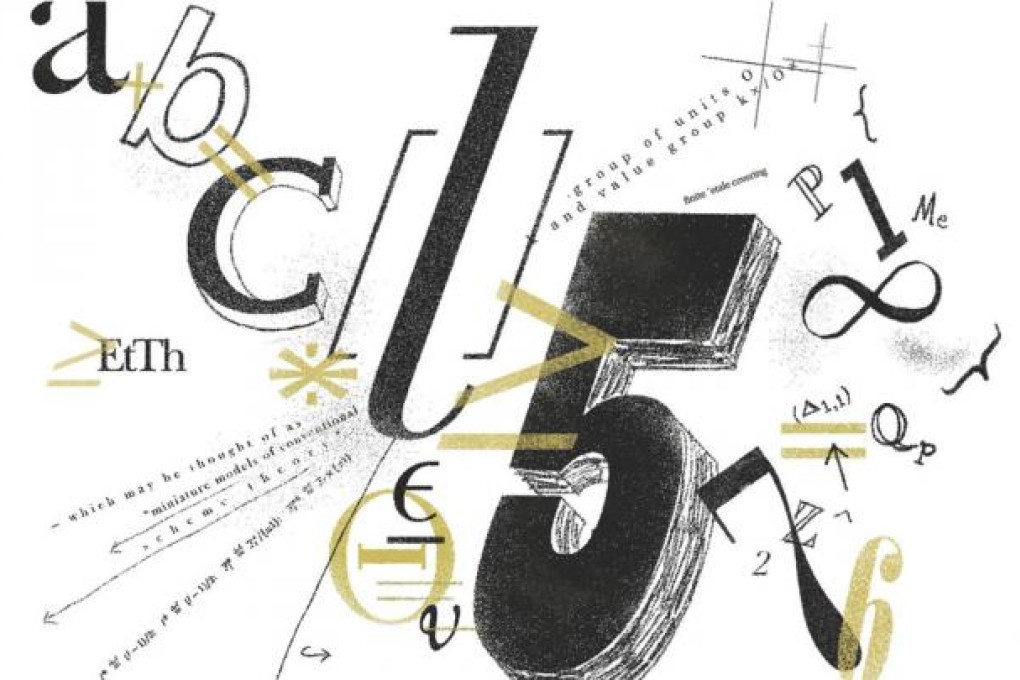Mathematician claims to have proved the 'abc conjecture'
Shinichi Michizuki claims to have proved the famous hypothesis; his peers say he may have arrived at a 'grand unified theory of numbers'

This summer, the international mathematical community was abuzz with rumours that a proof of the famous "abc conjecture", a key problem in number theory, had been found.
Then, early this month, and without fanfare, Shinichi Mochizuki, a widely respected mathematician at Kyoto University, posted four papers totalling 500 pages on his website claiming to have proved it. If his proof is valid, it would be an achievement on a par with the proofs of Fermat's last theorem by the Briton Andrew Wiles in 1995 and the Russian Grigory Perelman's Poincaré conjecture, in 2003. So, what's all the fuss? For laypeople, the first step of the conjecture may seem absurdly simple: a + b = c, or as an example, 1 + 2 = 3.
But for mathematicians, a valid proof will hold deep insights into the nature of integers and prime numbers, and so will have repercussions in practically every important corner of number theory. Some have dubbed it "the grand unified theory of numbers". Fermat's last theorem - according to which an + bn =chas no interger solutions if n > 2 - is just one of many important results that will follow as a direct consequence of the abc conjecture.
The problem is, as The New York Times reported, even top mathematicians have no idea whether Mochizuki's proof is valid, or even what he is doing. This is because he has invented whole new concepts and notations. For now, he has kept quiet, preferring to let his peers work through his papers towards a definitive consensual judgment.
In his influential blog quomodocumque, Jordan Ellenberg, a maths professor at the University of Wisconsin, Madison, said he hoped the proof was right but predicted it would take many months for professional mathematicians to work it out.
"I hope it's true: my sense is that there's a lot of very beautiful, very hard math going on in Shin's work which almost no one in the community has really engaged with, and the resolution of a major conjecture would obviously create such engagement very quickly," he wrote. "Well, now the time has come. I have not even begun to understand Shin's approach to the conjecture. But it's clear that it involves ideas which are completely outside the mainstream of the subject. Looking at it, you feel a bit like you might be reading a paper from the future, or from outer space."